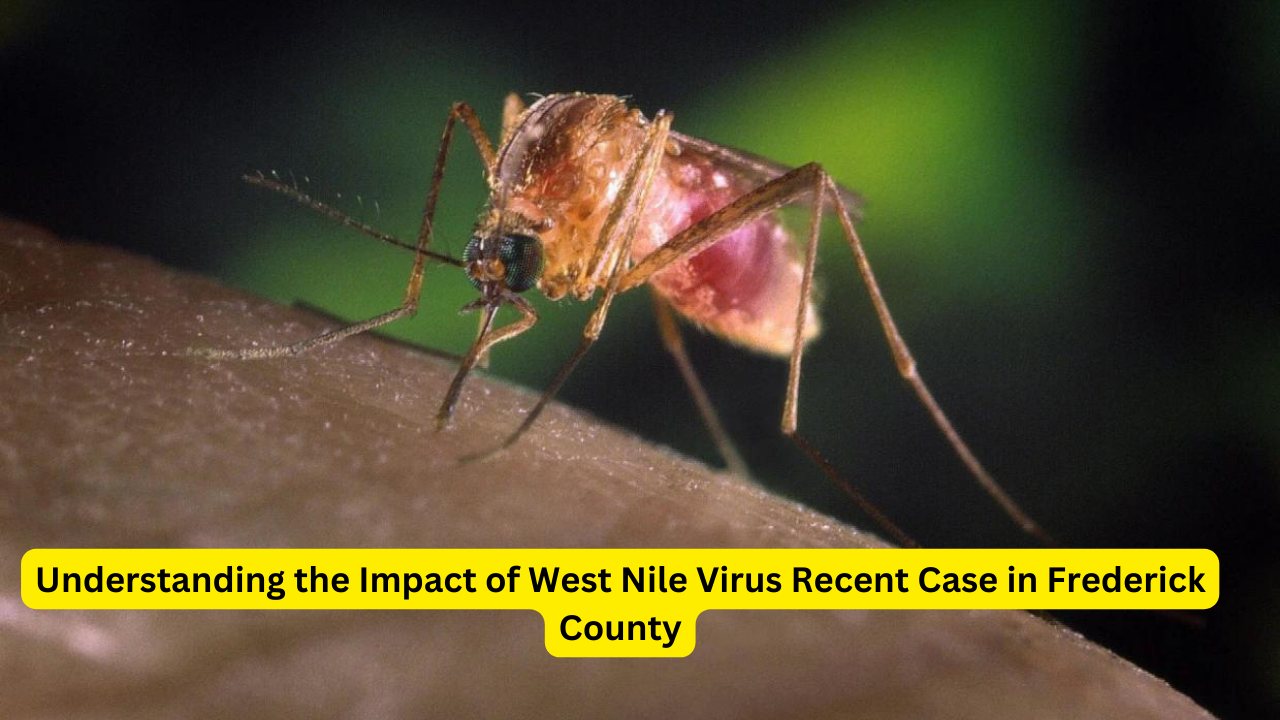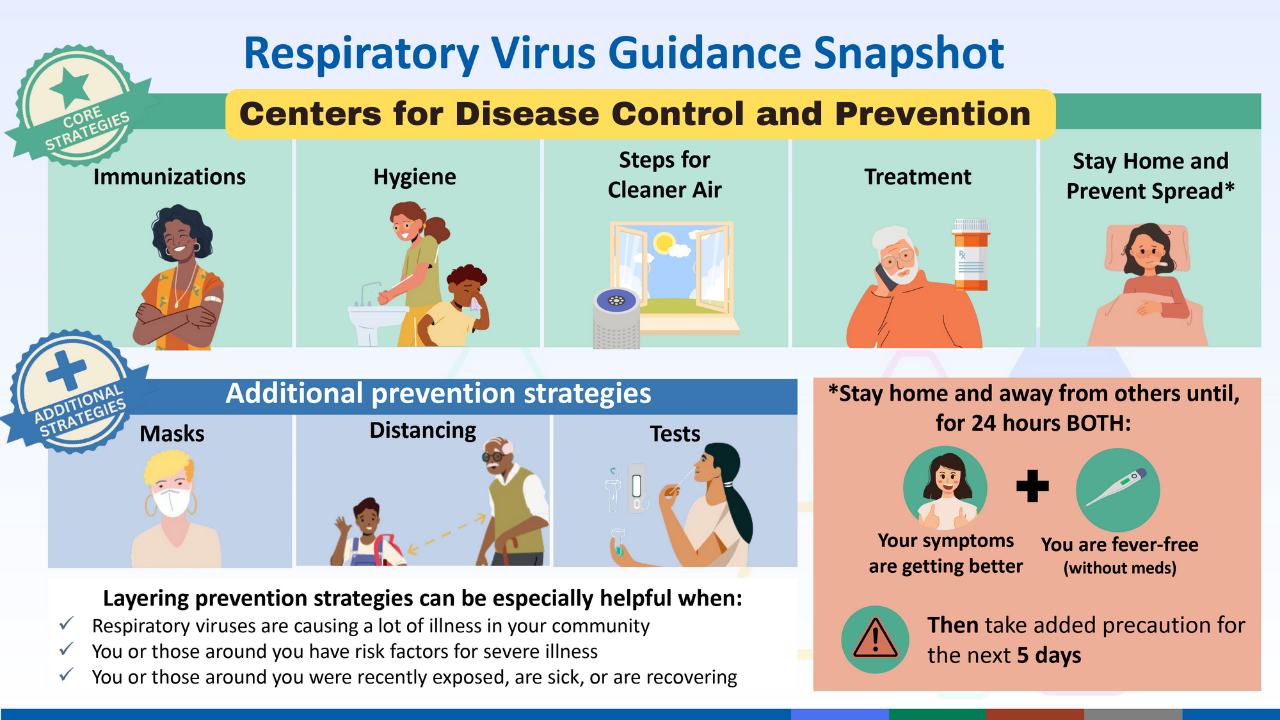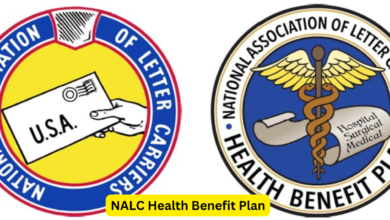Understanding the Impact of West Nile Virus Recent Case in Frederick County

West Nile Virus (WNV) is a serious mosquito-borne illness that poses a significant risk to both humans and animals. The virus, first identified in Africa, has spread globally and can cause severe illness, particularly in horses. Recently, a horse in Frederick County tested positive for West Nile virus, highlighting the importance of vigilance and preventative measures.
Recent Case in Frederick County
Earlier this month, the Maryland Department of Agriculture reported that a horse in Frederick County had tested positive for West Nile virus. This case emerged following the horse displaying symptoms of the virus over the summer. Fortunately, the affected horse has been vaccinated and is on the path to recovery.
The presence of the West Nile virus in local horses underscores the ongoing risk posed by this disease, especially during periods of heavy rain. Such weather conditions contribute to an increase in mosquito populations, which are the primary vectors for transmitting the virus.
Symptoms and Diagnosis
West Nile virus can manifest with various symptoms in horses, ranging from mild to severe. Common symptoms include:
- Fever
- Loss of appetite
- Lethargy
- Muscle weakness
- Uncoordinated movement
In more severe cases, horses may exhibit neurological symptoms such as ataxia (lack of coordination), difficulty swallowing, and seizures. Early diagnosis is crucial for effective treatment, and horse owners should be alert to any unusual behavior or health issues in their animals.
The Role of Mosquitoes in Virus Transmission
Mosquitoes are the primary carriers of West Nile virus. They become infected when they bite infected birds and then transmit the virus to other animals and humans. The increase in mosquito populations during and after periods of heavy rain significantly raises the risk of WNV outbreaks.
The virus thrives in warm, stagnant water, which is commonly found after heavy rainfall. This makes it essential for horse owners and residents to take preventative measures to reduce mosquito breeding sites around their properties.
Preventative Measures for Horse Owners
1. Vaccination
One of the most effective ways to protect horses from West Nile virus is through vaccination. The Maryland Department of Agriculture strongly recommends that all horse owners ensure their horses are vaccinated against WNV and other mosquito-borne diseases. The vaccination process generally involves an initial series of shots followed by annual boosters.
2. Mosquito Control
Reducing mosquito populations around your property is crucial in preventing the spread of West Nile virus. Here are some practical steps to minimize mosquito breeding sites:
- Eliminate Standing Water: Regularly empty and clean containers that can hold water, such as buckets, troughs, and birdbaths.
- Maintain Proper Drainage: Ensure that water drains effectively from areas around the property to prevent the formation of stagnant pools.
- Use Mosquito Repellents: Applying mosquito repellents to horses, especially during peak mosquito activity times, can help reduce the risk of bites.
3. Monitor Health
Regularly check the health of your horses and be vigilant for any signs of illness. Early detection and prompt veterinary care are critical for managing West Nile virus infections and preventing severe outcomes.
Recent Weather Patterns and Their Impact
This summer, Frederick County and other regions have experienced heavy rainfall, creating ideal conditions for mosquito breeding. The increased mosquito activity has heightened the risk of West Nile virus transmission. Horse owners should be particularly cautious during such weather patterns and take proactive steps to safeguard their animals.
What to Do if Your Horse Shows Symptoms
If you suspect your horse may be infected with West Nile virus, contact your veterinarian immediately. Diagnostic tests, such as blood tests, can confirm the presence of the virus. Early intervention can significantly improve the prognosis and aid in a quicker recovery.
Conclusion
The recent case of West Nile virus in Frederick County serves as a reminder of the ongoing risks associated with this mosquito-borne illness. By taking preventative measures, such as vaccination and mosquito control, horse owners can protect their animals from this potentially severe disease. Staying informed and proactive is essential for ensuring the health and safety of your horses.




